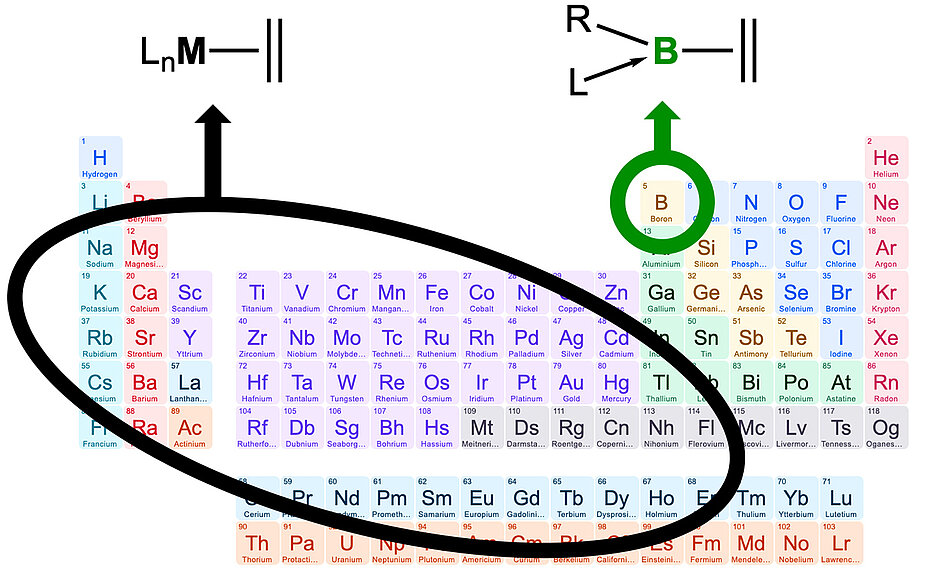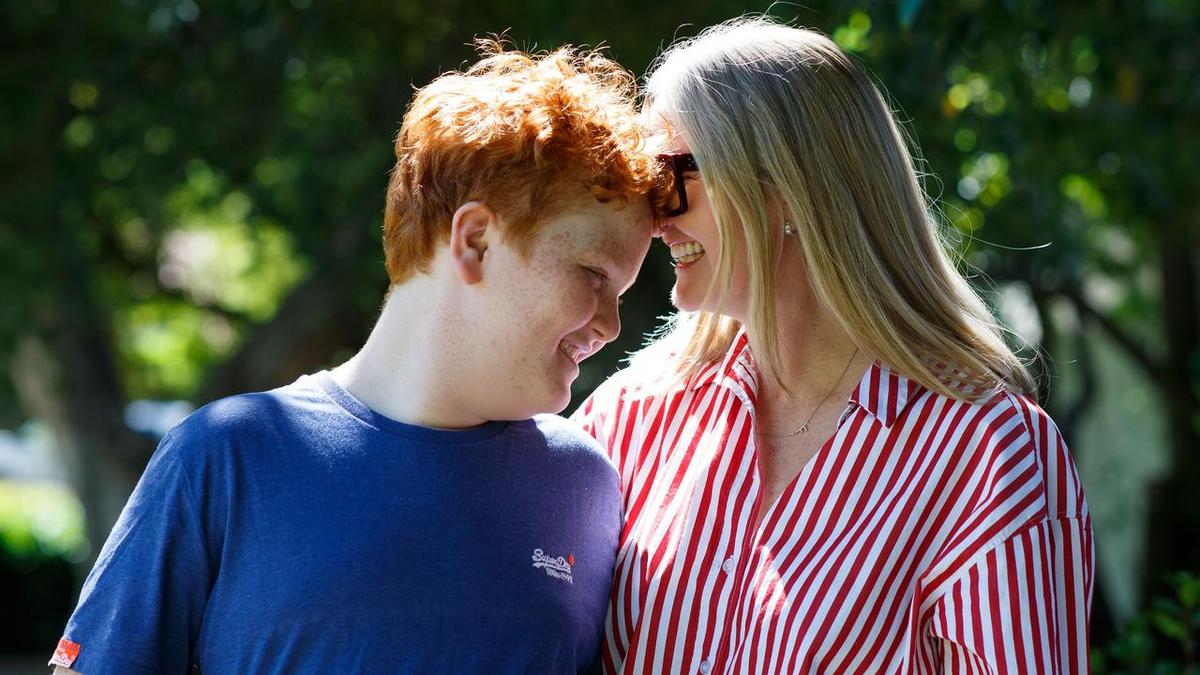
The University of Würzburg has unveiled a significant advancement in the chemical industry by demonstrating that boron can effectively replace toxic and costly heavy metals in various catalytic processes. Led by chemistry professor Holger Braunschweig, the research team revealed that under specific conditions, boron exhibits properties similar to metals, providing a safer and more economical alternative for industrial applications. This breakthrough is documented in a recent publication in the journal Nature Chemistry.
In their study, the researchers explored the ‘metal-mimetic’ properties of main group elements, particularly focusing on boron. The findings indicate that boron can form π complexes with olefins, analogous to the complexes formed between transition metals and olefins. These transition metal complexes are crucial intermediates in numerous large-scale catalytic processes utilized across the industry.
Holger Braunschweig emphasized the implications of this discovery, stating, “Our discovery opens up a whole new area of the periodic table for π coordination chemistry – including the possibility of using main group elements as industrial catalysts for functionalisation reactions of unsaturated hydrocarbons.” The research team synthesized the boron-olefin π complexes through the efforts of postdoctoral researchers Dr. Maximilian Michel and Dr. Marco Weber.
The implications of this research extend beyond theoretical exploration. The team aims to inspire further investigation into the potential of main group chemistry, encouraging other scientists to seek new applications for boron and similar elements. Braunschweig noted, “In the long term, our main goal is to replace toxic and costly heavy metals in industrial processes with main group elements.”
Future plans include modifying the boron-olefin π complexes to enhance their functional resemblance to known metal complexes, thus broadening their utility in industrial applications. This collaborative research effort also included contributions from Professor Arumugam Jayaraman at the University of Nevada, Las Vegas, and Professor Alfredo Vargas from the University of Sussex in Brighton.
The project received funding from the German Research Foundation, the Alexander von Humboldt Foundation, and the Natural Science and Engineering Research Council of Canada. The comprehensive research results were published on September 19, 2025, under the title “Olefin π-coordination chemistry at low-oxidation-state boron.” This publication marks a significant step in the ongoing quest to develop safer and more efficient chemical processes in the industry.
As industries increasingly seek sustainable and less hazardous alternatives, the findings from the University of Würzburg could pave the way for a transformative shift in chemical manufacturing, reducing reliance on harmful heavy metals while embracing the potential of main group elements like boron.







